Can Nigeria's election result be overturned?
- Published
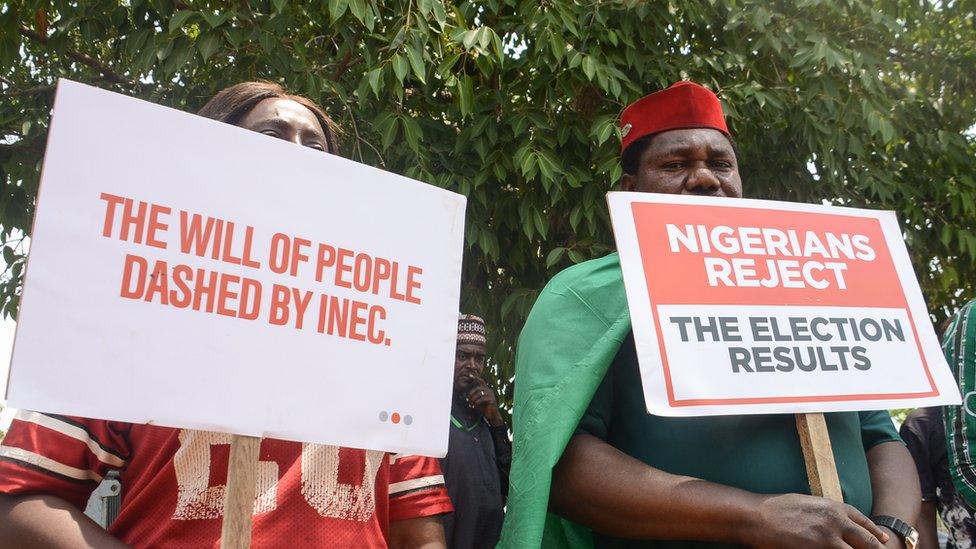
Opposition parties in Nigeria's fiercely contested polls will attempt to do what has been described as the impossible - getting a court to overturn the outcome of a presidential election in Africa's most populous nation.
Peter Obi and Atiku Abubakar, the second and third-placed candidates in the tightest presidential election since the end of military rule in 1999, are heading to court to challenge the result that saw Bola Tinubu of the ruling party declared the winner with 37% of the vote.
While Mr Abubakar of the main opposition Peoples Democratic Party (PDP) called the result "a rape of democracy" after getting 29% of the vote, the Labour Party's Mr Obi, who got 25%, told supporters they had been "robbed" of victory, and vowed to "prove it to Nigerians".
But what evidence do they have and what are their chances of overturning the result?
When do parties have to file?
All petitions challenging an election in Nigeria must be filed within 21 days of the announcement of the results or they will not be considered.
So Peter Obi and Atiku Abubakar will have to send their petitions to the appeals court tribunal in the capital, Abuja, before 31 March.
While this encourages the speedy commencement of a trial and may be straightforward in local elections, it might prove to be daunting to collect evidence from the more than 176,000 polling units or more than 8,000 area collation centres where results were first received in the presidential poll.
How long will it take to reach a verdict?
A written result from the tribunal is expected 180 days after the suit is filed, and as Messrs Obi and Abubakar are expected to file separately, decisions will be given at different times.
However, the decision of the tribunal is not final and the parties can decide to head to the Supreme Court for a conclusive verdict. That process takes 60 days, so a final decision should be made within eight months.
Will it affect the inauguration?
No.
It is highly unlikely that the tribunal will reach a decision before 29 May - when Mr Tinubu is due to be sworn in as president.
Even if the tribunal ordered a rerun or declared any of his opponents the winner of the election, such an outcome is most likely to be challenged at the Supreme Court.
What does the law say about transmission of results?
When pressed by journalists to disclose what evidence he has that he won the election, Mr Obi refused to say, while Mr Atiku said the "processes and outcome" of the election were flawed.
But going by the speech of the PDP's representative at the centre where the results were announced before both parties walked away, it is likely that their respective cases will hinge on the electronic transmission of results from the polling units.
An act that was signed last year to guide the conduct of the 2023 elections stated that "voting and transmission of results shall be in accordance with the procedure determined by the [Independent National Electoral Commission (Inec)]."
The act mandated Inec to publish guidelines for the elections clearly outlining the steps from recording the results at the polling unit to the last collation centre at the ward or constituency.
Inec then published its guidelines for the election where it stated that its officials will:
Electronically transmit or transfer the result of the Polling Unit directly to the collation system
Use the Bimodal Voter Accreditation System (Bvas) to upload a scanned copy of the EC8A (result sheet) to the Inec Result Viewing Portal (IReV)
The new electronic system, Bvas, was intended to speed up the delivery of results and make it harder to interfere with votes, however many voters reported that Inec staff were either unable or unwilling to upload results to the website, raising fears that this could be a sign of a plot to rig the election.
Inec blamed a surge in traffic for its inability to publish the results in real time, but almost a week after the first ballot was cast, 12% of the results have still not been published.
Senior Nigerian lawyer Yemi Candide Johnson told the BBC that Inec guidelines were not law and that an election can only be nullified for substantial non-compliance with the electoral law.
"If non-compliance does not affect the result it will not nullify [the result]. If certain results in certain areas are non-compliant, a rerun is possible only if it will be material," he said.
What other evidence is there?
Since Mr Obi says that he won the election, he may demand that he be declared the winner. There were several complaints of malpractice in places such as Rivers, Delta, Imo, Sokoto and Lagos, where opposition parties accused Inec staff of colluding with the ruling party and security officials to manipulate results at the ward collation centres.
Digital sleuths have been comparing results posted on the Inec website with hard copies they took at their polling centres and are claiming there are discrepancies. The Labour Party has created a digital platform for its young supporters to document such irregularities by posting results from their polling units so they can be compared with what was announced at the ward collation centres.
Some of the results on the Inec website have been posted in the wrong states, while others are badly defaced or obviously altered. Though some people have also confirmed that the results from their polling units match with those on the Inec website.
If Mr Obi suspects that the results have been altered to reduce his votes in certain areas and increase those of the winner, he would have to present original copies of the result sheets and the electronic machines used to accredit voters from these contested places to back up his claims.
Mr Obi also hinted there was a deliberate policy of making it hard to vote and of manipulating the results, especially in some areas seen as his strongholds. Although 87 million people were eligible to vote in the election, just 27% of these cast their ballots, the lowest since 1999.
Inec officials arrived hours after polls had closed in some southern states, or did not show up at all in others.
However, to win a case in court the opposition parties would have to prove this was deliberate, and that it affected the outcome of the poll.
What do they have to prove?
According to the electoral act, a petitioner has to prove that non-compliance with provisions of the law made a difference to the outcome of the election.
Instances of manipulation or violence disrupting the poll would have to have happened in a majority of the polling units or collation centres.
The difference between Mr Tinubu and Mr Abubakar is close to two million votes, while Mr Obi is a further 700,000 votes behind.
Though Nigeria's previous elections have often seen huge problems such as violence, voter suppression or ballot-box snatching on election day, no presidential candidate has been able to prove that such irregularities substantially affected the outcome.
In 2003 when current President Muhammadu Buhari challenged the victory of Olusegun Obasanjo, a Supreme Court judge said a plaintiff needed a minimum of 250,000 witnesses to establish a case of non-compliance in the conduct of a presidential election to win their case.
While the law has since been changed to drop the need for this roll-call of witnesses, it shows the enormity of the challenge for the petitioners.
However, this is the first national election conducted with the electronic transfer of results and while there were glitches with the system on election day, the results from the polling units are now gradually being uploaded to the Inec website, so that should make it easier for the petitioners to access evidence they need.
Could the opposition win their case?
Although no presidential result has ever been overturned, this has happened with several other elections in Nigeria.
And Mr Obi is one of the beneficiaries.
He had to wait three years before getting into office in 2006 after successfully proving that he won the governorship election of Anambra state in 2003.
He was able to prove at the tribunal and the appeal court that he received the most votes in the election and was declared the winner.
Nigeria election results 2023: Up-to-date results of presidential and parliamentary races
Nigerians cast their votes in Saturday’s general election. They had 18 candidates to choose from for president and people also voted for senators and members of the house of representatives. The BBC is using data provided by Nigeria’s Independent National Electoral Commission (Inec) to tally the results.
Nigeria presidential results 2023
To win in the first round, a candidate must have the largest number of votes nationwide and at least 25% of the votes in two-thirds of the 36 states and Federal Capital Territory (Abuja)
Last updated: 19/04/2023, 18:00:24 local time (GMT+1)
Final results
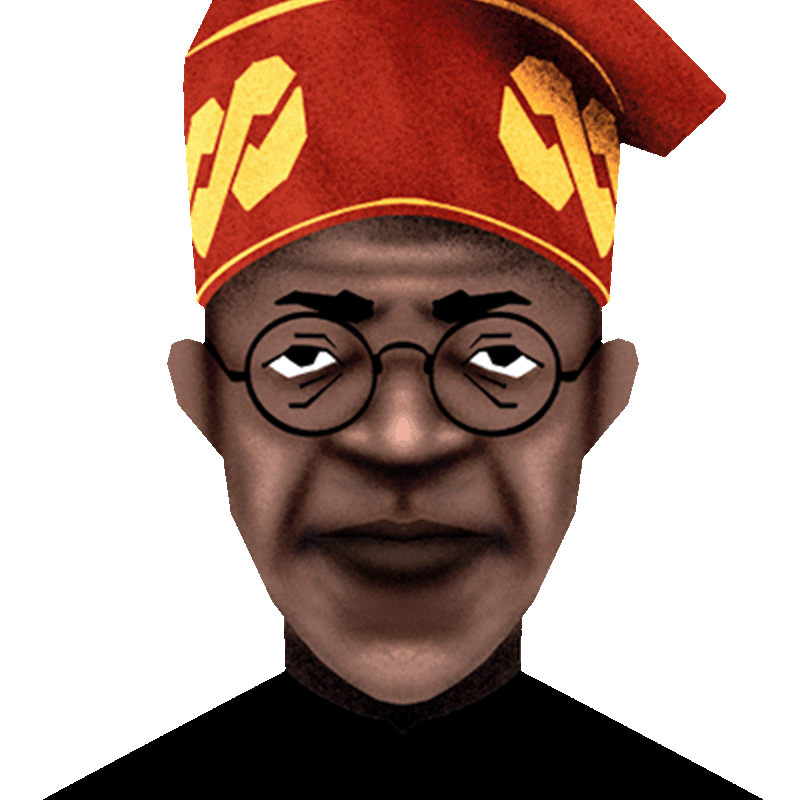
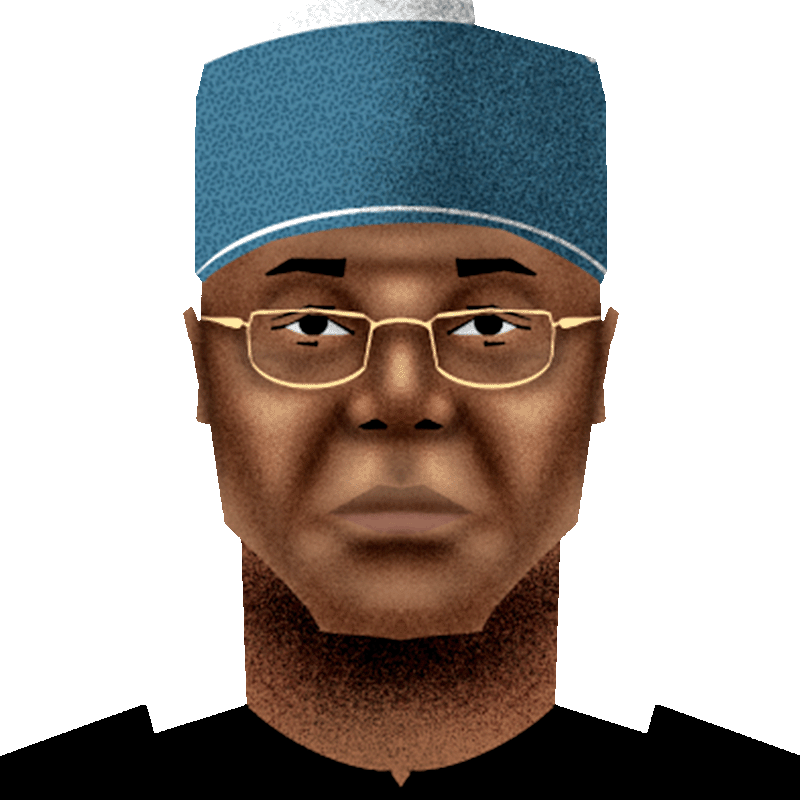
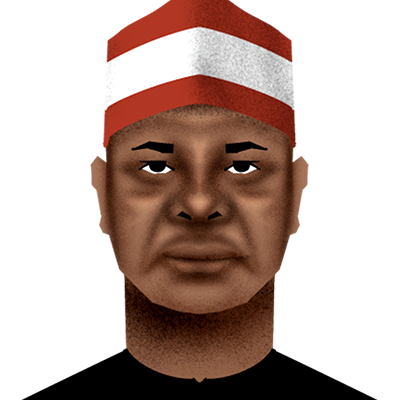
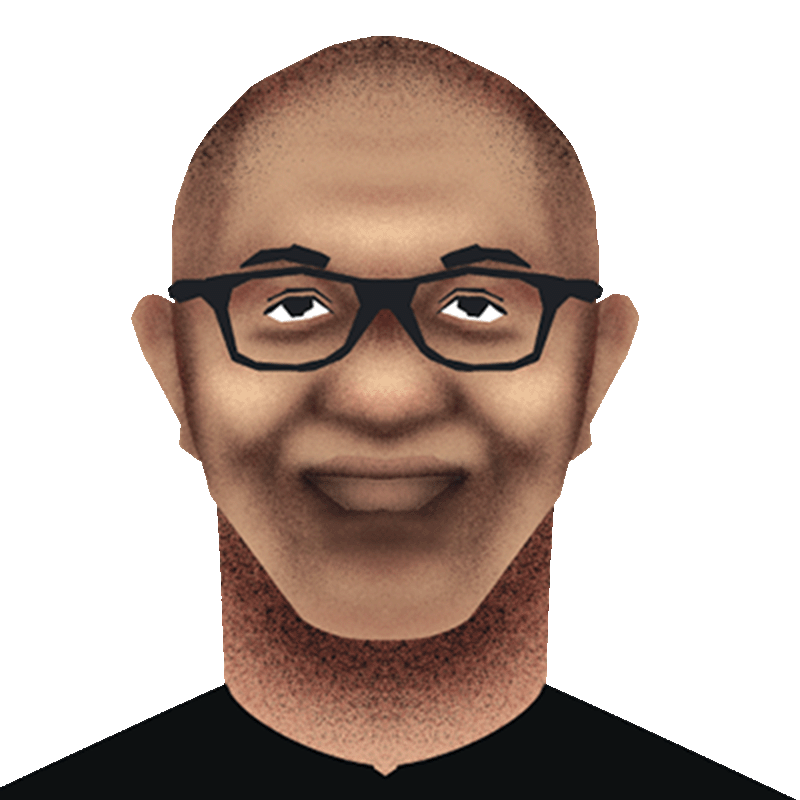

Nigeria presidential results 2023
To win in the first round, a candidate must have the largest number of votes nationwide and at least 25% of the votes in two-thirds of the 36 states and Federal Capital Territory (Abuja)
Last updated: 19/04/2023, 18:00:24 local time (GMT+1)
Final results





Presidential election results by state
Presidential election results by state
Last updated: 19/04/2023, 18:00:24 local time (GMT+1)
Click on map to see results in detail
Senate results by party
Last updated: 19/04/2023, 18:00:24 local time (GMT+1)
| Party | Seats |
|---|---|
| All Progressives Congress | 59 |
| Peoples Democratic Party | 36 |
| Labour Party | 8 |
| Others | 4 |
| New Nigeria Peoples Party | 2 |
House of Representatives results by party
Last updated: 19/04/2023, 18:00:24 local time (GMT+1)
| Party | Seats |
|---|---|
| All Progressives Congress | 159 |
| Peoples Democratic Party | 104 |
| Labour Party | 35 |
| New Nigeria Peoples Party | 18 |
| Others | 9 |
| Inconclusive | 35 |
Credits
Designers: Millicent Wachira and Olaniyi Adebimpe; Visual Artists: Mayowa Alabi and George Wafula: Data Journalists: Yusuf Akinpelu and Brian Osweta; Developers; Boaz Ochieng, Marcos Gurgel, Ayu Widyaningsih Idjajaand and David Ayoola; Project Lead: Dorothy Otieno.
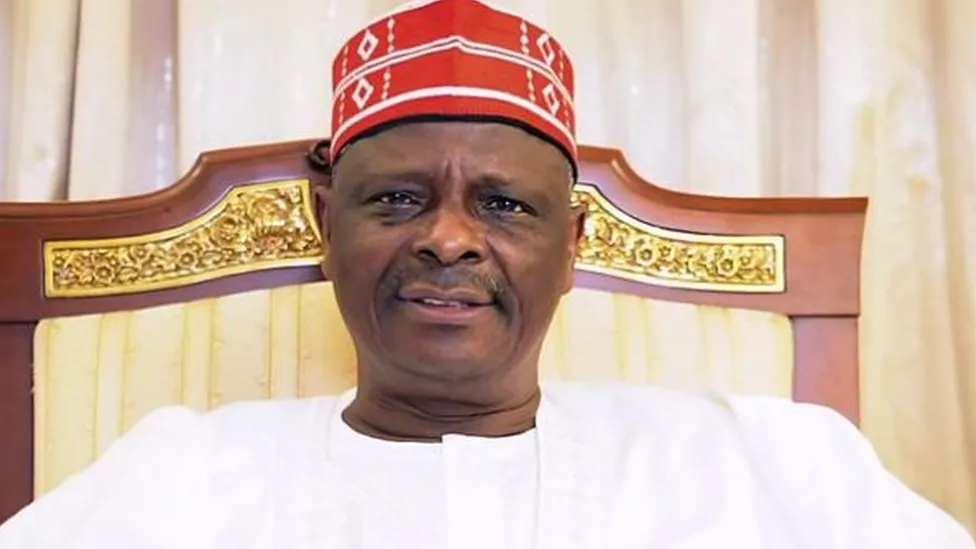 Who is Rabiu Kwankwaso?
Who is Rabiu Kwankwaso?
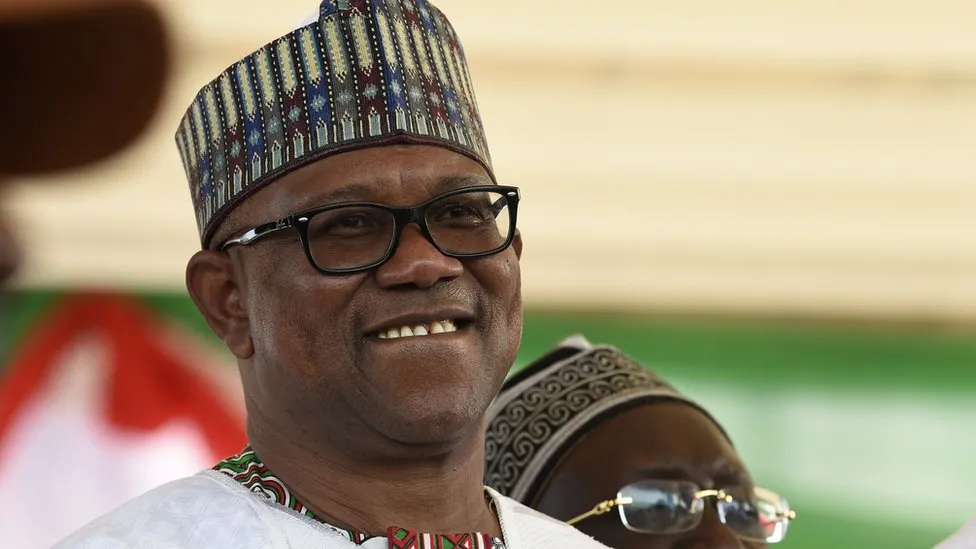 Who is Peter Obi of the Labour Party?
Who is Peter Obi of the Labour Party?
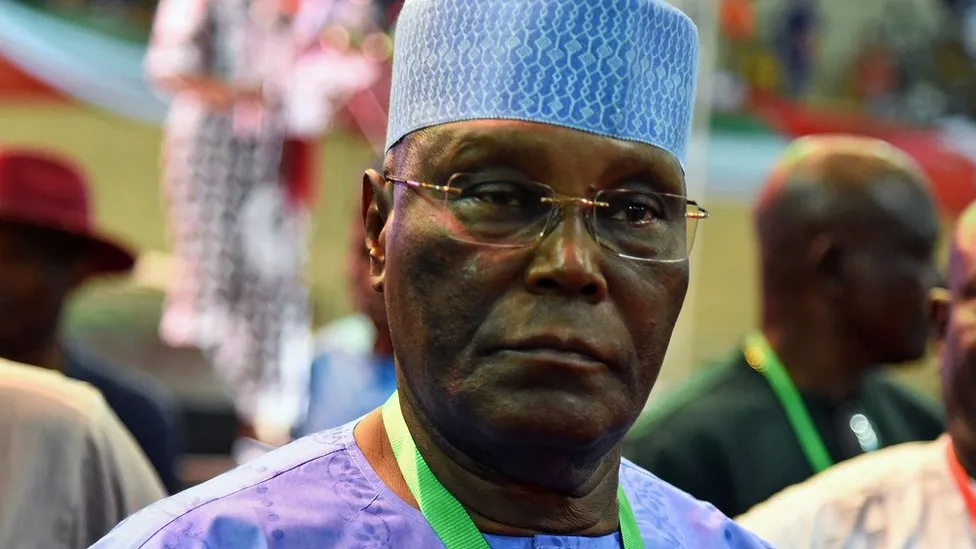 Who is Atiku Abubakar?
Who is Atiku Abubakar?
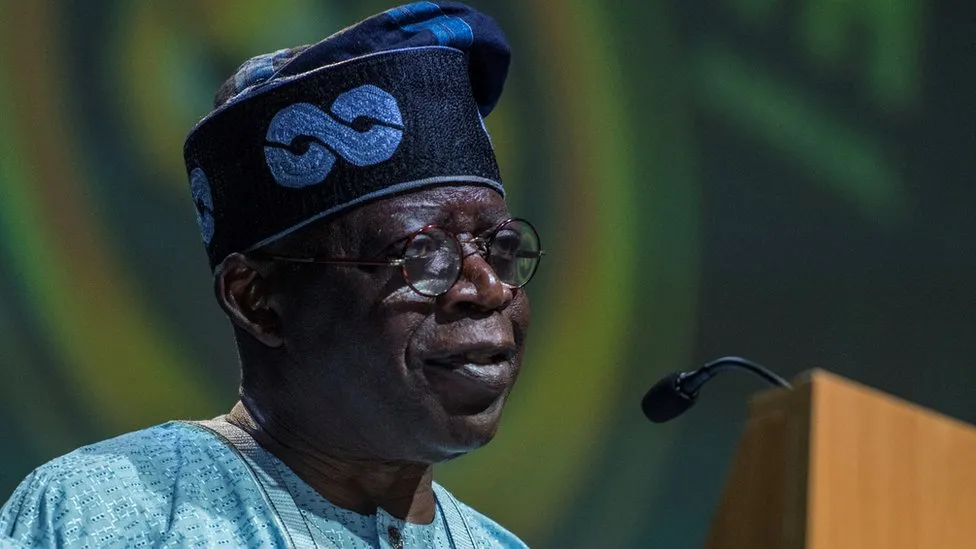 Who is Bola Tinubu of the APC?
Who is Bola Tinubu of the APC?